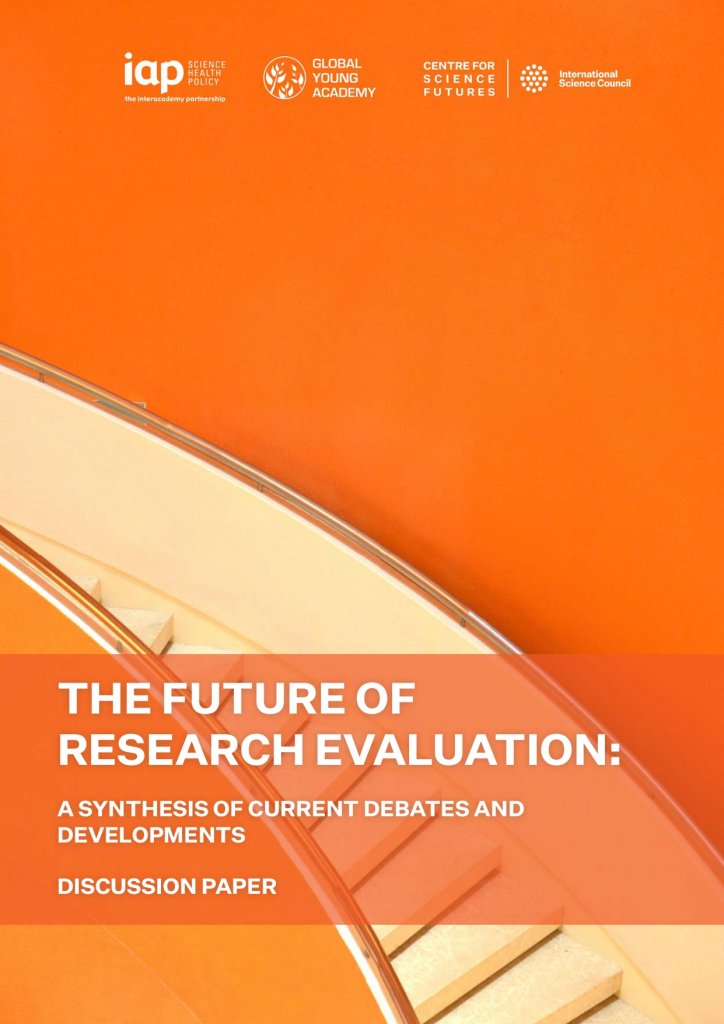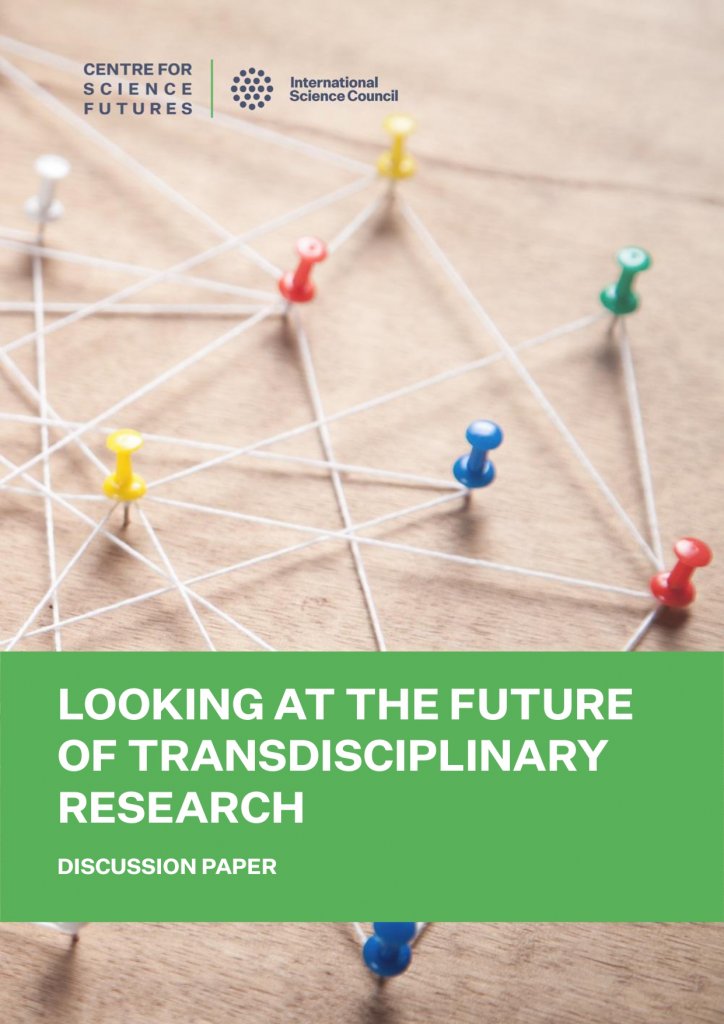
If research and knowledge are to solve national and global challenges, the next generations of researchers and academics should be able to thrive in their careers and engage in research that aligns with the most pressing human and planetary needs. Yet, for many researchers, starting an academic career is synonymous with many challenges, hindering their capacities to conduct meaningful research – with women reporting encountering further professional frustrations.
To identify and propose solutions to these early-career challenges, INASP surveyed close to 8,000 researchers. Respondents shared their difficulties concerning funding, support, visibility, and recognition, but most also expressed ambitions to contribute to their country’s development and make a meaningful impact.
In its study, INASP shows that researchers are eager to contribute to science and to make a difference by focusing on real-world problems. When asked to select their highest research priorities, the most popular answers were “to make a contribution to your nation’s scientific development” (selected by 67% of respondents), “to make a difference to society” (63%), and “to be novel or innovative” (44%).
Conversely, although just 23% of respondents considered “publishing in high-impact journals” a top-three priority, the majority of researchers reported being evaluated predominantly on paper quantity and journal selection. In terms of evaluation indicators, 77% emphasized research papers, 57% conferences, and 50% journal metrics.”
“In my view, research evaluation should be a holistic consideration of the total impact of a research activity, especially as regards potential changes that can be made to policy and society at large”, says one anonymous participant from Nigeria.

The Future of Research Evaluation: A Synthesis of Current Debates and Developments
This paper gives a review of the current state of research evaluation systems and discusses the most recent actions, response and initiatives taken by different stakeholders around the world.
Additionally, while a majority (66%) felt recognized by their institutions for the quality of their research, significantly fewer (44%) felt properly rewarded for it. This was particularly pronounced among women, who were less likely to perceive proper recognition and rewards for their work. They also reported lower publication rates in the past year, particularly in international journals.
In line with their desire to have a meaningful impact, 85% of researchers expressed feeling a personal responsibility to disseminate their findings beyond academia, with a remarkable 95% believing in their capacity to influence their country’s development.
When asked about ways to enhance recognition of research produced in their country, respondents emphasized the need for increased funding, improved publication and dissemination strategies, enhanced collaboration opportunities, and the necessity to design research for greater societal impact.
As a woman from Nigeria put it: “We need to involve people in the community and policy-makers in research, to create funding for quality research work, to provide standard labs for research work, and to encourage collaborative research with different fields and internationally.”
Indeed, 86% of researchers reported lacking sufficient funding for their research. Their primary areas of concern included the need for improved infrastructure, hardware, software, and funding dedicated to training and skills development.
Researchers highly valued collaboration, with nearly two-thirds expressing a strong desire for more collaborative opportunities but lacking the funding and opportunities to do so. Some respondents also noted a lack of institutional support, time constraints, and difficulties in accessing potential collaborators.
Despite these challenges, a noteworthy 61% of researchers reported engaging in collaborative research within their own country, while 40% had participated in international collaborations. Notably, women’s participation in collaborative research was comparatively lower. Although a majority of researchers who engaged in international collaborations felt that their contributions were acknowledged (79%), women tended to express lower agreement with this sentiment.

Looking at the Future of Transdisciplinary Research
This paper looks at the evolutions of science that have led to the emergence of transdisciplinarity, what is meant by transdisciplinarity and what elements need to be considered for its successful application for the future of transdisciplinary research.
In the face of numerous challenges, young researchers maintain an overall positive outlook on their career trajectories. Approximately 70% express satisfaction with their jobs, while nearly two-thirds state that they have achieved a satisfactory work/life balance. Impressively, 93% are optimistic about staying actively engaged in research over the next five years. However, a substantial 90% believe that the existing support systems fall short of meeting their needs.
Only 53% indicate contentment with their organizational culture, and less than half feel secure in their current positions. Importantly, the study also reveals that many of these experiences are influenced by gender.
Interestingly, male respondents indicated certain geographic locations as less conducive to their research careers, though they generally hold a more positive view of their workplace culture. Conversely, women encounter higher instances of gender-related discrimination within their workplaces. Additionally, they find early-career research experiences more demanding and frustrating, perceiving fewer opportunities available to them.
One female participant from Ghana suggests a potential solution, saying, “I could also improve the research system by advocating for more women who are involved in research to be an integral part of the research process, as women are often overlooked in my country. This would help women feel acknowledged, encouraging them to actively contribute to research systems.”
Based on the insights gained from their study, INASP presents the following recommendations for institutions, programs, funders, and policymakers involved with early-career researchers:
For more comprehensive recommendations, you can refer to their summary and gender reports:
Disclaimer
The information, opinions and recommendations presented by our guests are those of the individual contributors, and do not necessarily reflect the values and beliefs of the International Science Council.
Image by Mimi Thian on Unsplash.